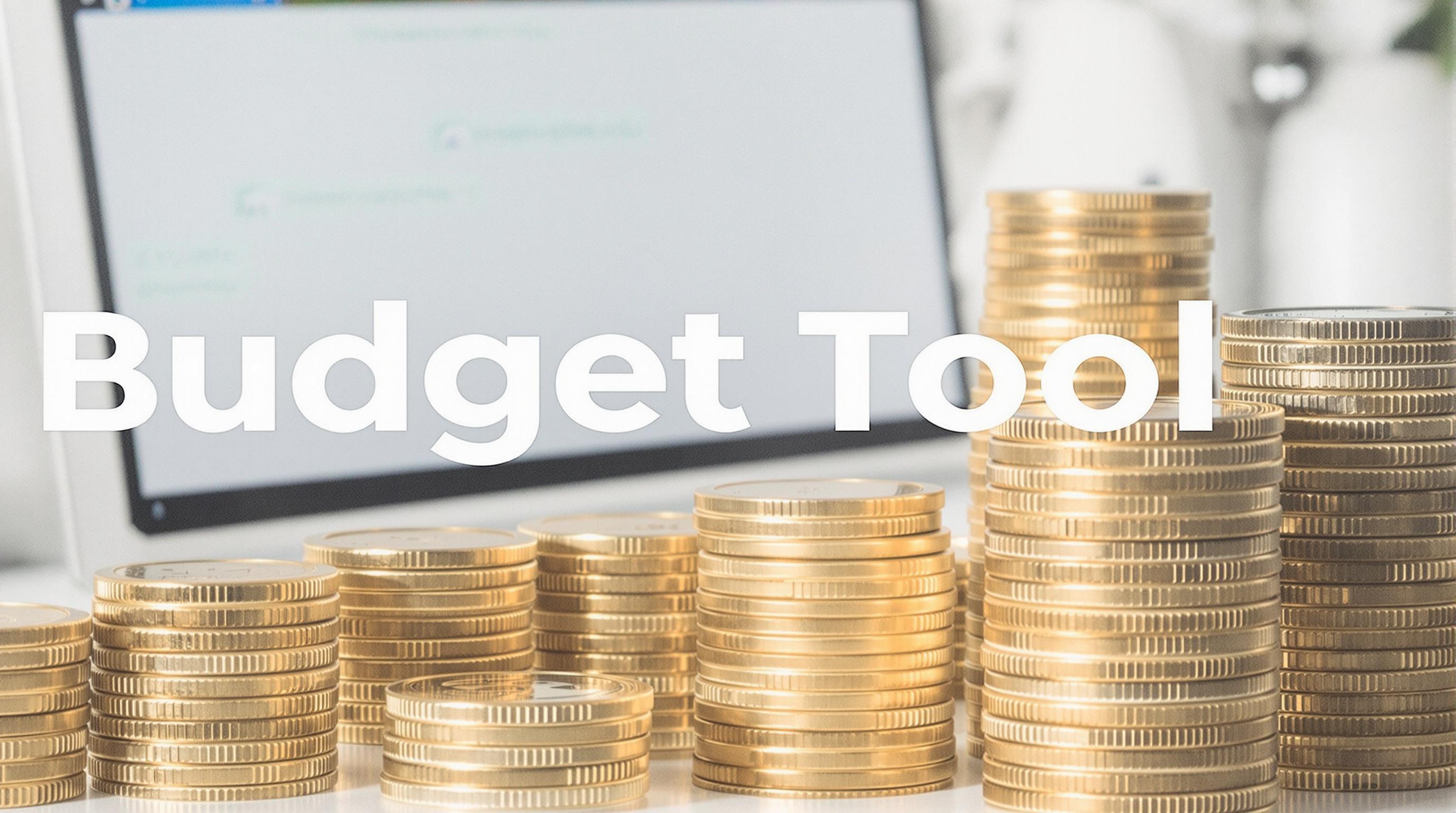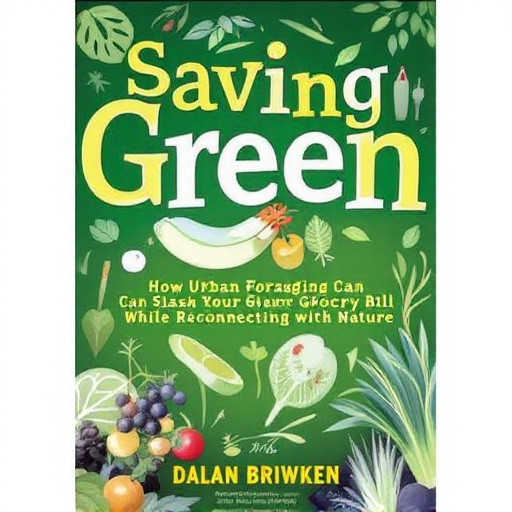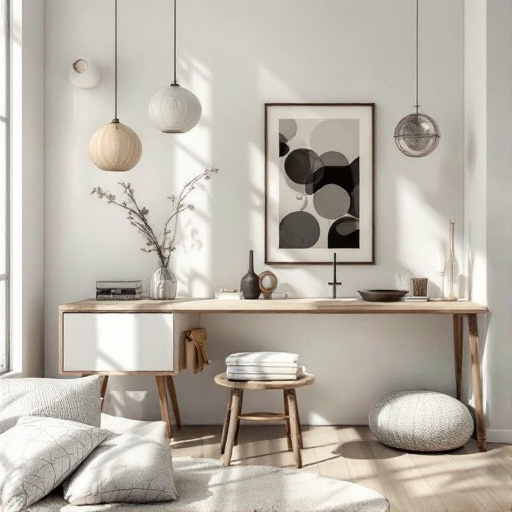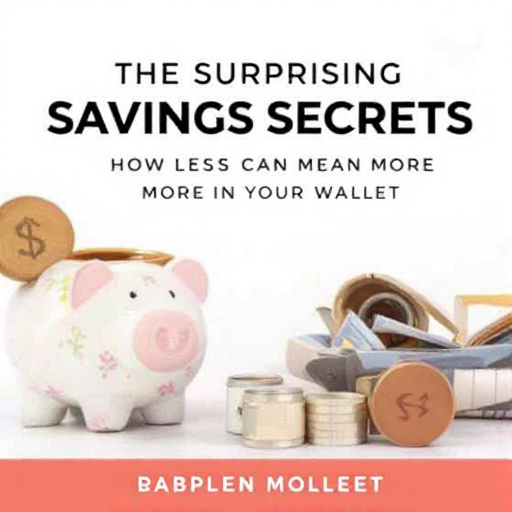Featured Articles
- Beyond Coupons and Budgets: Unveiling the Surprising Role of Sleep Patterns in Financial Well-being
- "Saving Green: How Urban Foraging Can Slash Your Grocery Bill While Reconnecting with Nature"
- Saving Space, Saving Cash: Uncovering the Financial Benefits of Minimalist Living and Decluttering Your Life
- The Surprising Savings Secrets of Minimalist Living: How Less Can Mean More in Your Wallet
- Top 8 Innovative Budget Tools Launched in the Last 5 Years: Expert Comparison & Reviews to Maximize Your Savings
"Unlocking the Secret: How Minimalist Living Can Boost Your Savings and Sanity"
"Unlocking the Secret: How Minimalist Living Can Boost Your Savings and Sanity"
Minimalist living can serve as a transformative pathway to not only save money but also enhance mental clarity and peace of mind. By embracing simplicity, individuals often discover that less truly is more, leading to a fulfilling life free from unnecessary clutter.
Understanding Minimalism
Minimalism isn't just a trendy lifestyle choice for the aesthetically inclined; it's a philosophy that can reshape your life for the better. Coined as “the intentional promotion of the things we most value and the removal of anything that distracts us from it,” this definition by The Minimalists encapsulates the heart of minimalist living. Think about it: how much of your daily routine is bogged down by things you don’t need?
Statistics that Matter
According to research from the National Endowment for Financial Education, nearly 60% of Americans live paycheck to paycheck. Imagine if those individuals could cut down on non-essential expenses—simple acts of minimalism can help achieve that. An interesting study published in the Journal of Consumer Research suggests that minimalism can lead to 25% savings on average in monthly expenses when individuals consciously prioritize their purchases.
A Personal Journey
Allow me to share a slice of my own story. Just a few years ago, I, a 29-year-old aspiring writer, found myself drowning in debt and clutter. Every time I entered my living space, I felt overwhelmed by piles of clothes I never wore, books I’d never read, and gadgets that promised convenience but cluttered my thoughts instead. It wasn’t until I stumbled upon a minimalist blog that my perspective shifted.
The Mental Load of Clutter
Each object we own carries emotional weight, whether it’s favourable or negative. A 2011 study published in the Personality and Social Psychology Bulletin found a direct correlation between clutter and stress levels. The more stuff we have, the more our brains are taxed trying to manage it. Clearing out your space can lead to a clearer mind; minimalism is not just about decluttering your home but also decluttering your mind!
The Financial Benefits
Now let’s delve into how embracing a minimalist lifestyle can save you actual money. By focusing on what truly adds value to your life, you stop wasting money on impulse buys or items that bring fleeting enjoyment. According to a 2019 survey conducted by Indeed, 78% of respondents said they wanted to make smarter purchases that add long-term value. When you recognize that you don’t need that new smartphone or that overpriced coffee every morning, your bank account will thank you.
Case Studies: Real Lives, Real Savings
Take, for example, the story of Sarah, a young professional from Austin, Texas. Upon adopting a minimalist approach, she outlined her financial goals and quickly discovered that she spent over $300 a month on dining out. After a few months of meal prepping and kitchen experimentation, she managed to cut her food budget by nearly 60%—that’s $180 in savings each month! Not only did she use that money to build an emergency fund, but she also found joy in cooking, an activity she had never prioritized before.
Mindfulness Through Minimalism
Have you ever bought something just because it was on sale, only to realize it ends up gathering dust on a shelf? This forms part of a cycle where we associate happiness with possessions. Evidence suggests that people who engage in mindfulness practices, such as decluttering or living minimally, report improved mental health and higher satisfaction levels. A study by Harvard Business Review indicates that practicing mindfulness boosts your savings rates as it helps reduce impulse purchases and encourages informed decision-making.
The Environment Matters
As we navigate the path of minimalism, consider the positive environmental impact. The fast fashion industry, for example, contributes to over 92 million tons of waste annually, according to the UN Environmental Programme. By choosing to buy less, we reduce our carbon footprint and make choices that benefit the planet. It’s the conscious decision to favor quality over quantity that cultivates both personal savings and a healthier environment.
Working Towards a Clutter-Free Space
So how do we get there? Start small! A popular minimalist tactic is the “30-Day Minimalism Challenge,” where you eliminate one item on the first day, two on the second, and so on until day 30. By the end, you'll have rid your space of 465 items. Even if this feels daunting, remember that every little bit counts. Building a minimalist lifestyle isn't about perfection, but rather about progress.
The Emotional Payoff
Imagine waking up in a bright, airy space filled only with items that spark joy. Sounds refreshing, doesn’t it? The emotional payoff is staggering. Studies released by the American Psychological Association point to substantial drops in anxiety and depression rates among individuals who practice minimalist living. The sheer amount of joy derived from cutting back on possessions could lead to a newfound appreciation for experiences instead of things.
Simple Practices for Daily Life
Incorporating minimalism into your day-to-day routine can be enjoyable. Challenge yourself to spend an afternoon organizing your closet, or set aside non-essential items for donation. Perhaps you could implement a "no shopping week," where you only make necessary purchases, forcing yourself to engage creatively with what you already have. It’s these small steps that will accumulate to yield significant changes.
The Community Connection
Finding connection and community within the minimalist movement can amplify its benefits. From local meetups to social media groups, there are myriad ways to swap stories, tips, and inspiration. As you embark on this journey, you’ll realize others share similar experiences and challenges, creating a supportive atmosphere to keep you motivated.
The Takeaway
Unlocking the secret to minimalist living can lead to not just savings but an enriched life. By consciously choosing what to keep and what to LET GO, you'll achieve more than financial security; you'll claim your sanity and live a purposeful life. Whether you're looking for financial relief, mental clarity, or simply a fresh breath of air in your space, embracing the principles of minimalism may just be the answer.
Ultimately, let the path toward minimalism guide you toward mindful manifestation—where your chosen belongings are quality investments in your life’s journey. Remember, it’s not just about living with less; it’s about making room for more meaningful experiences.




